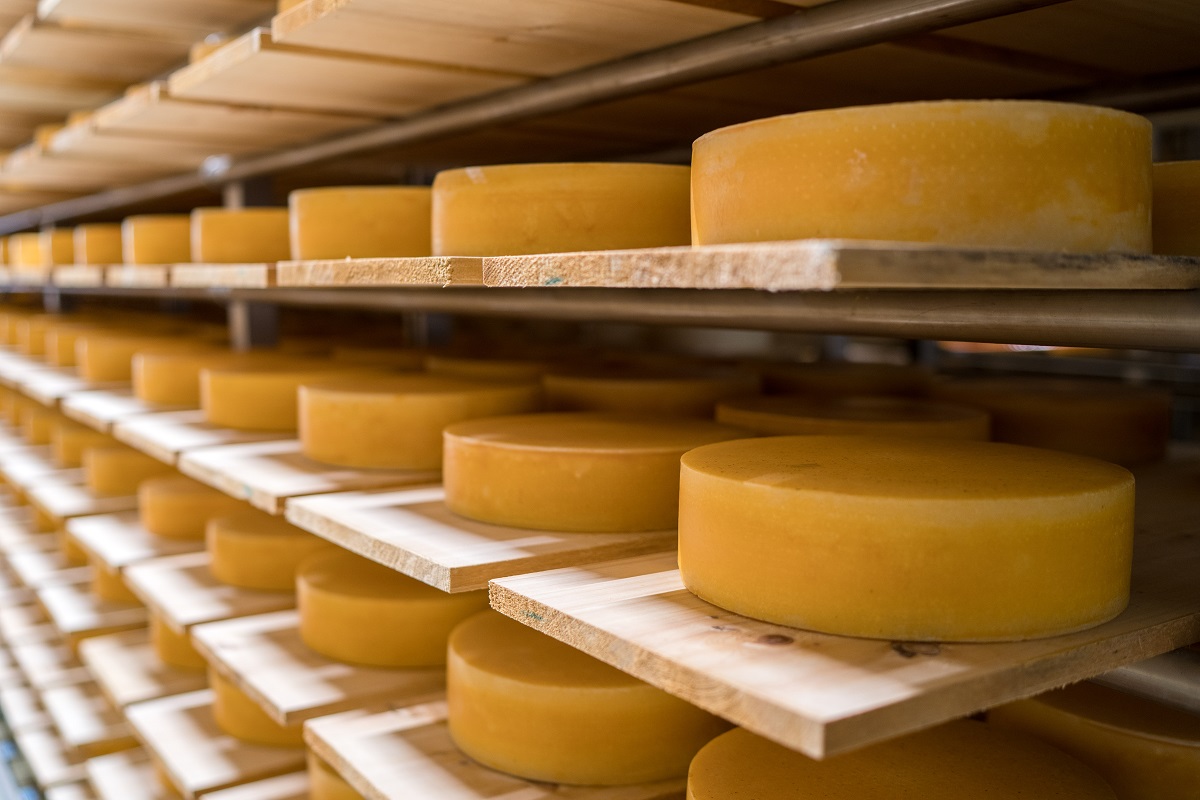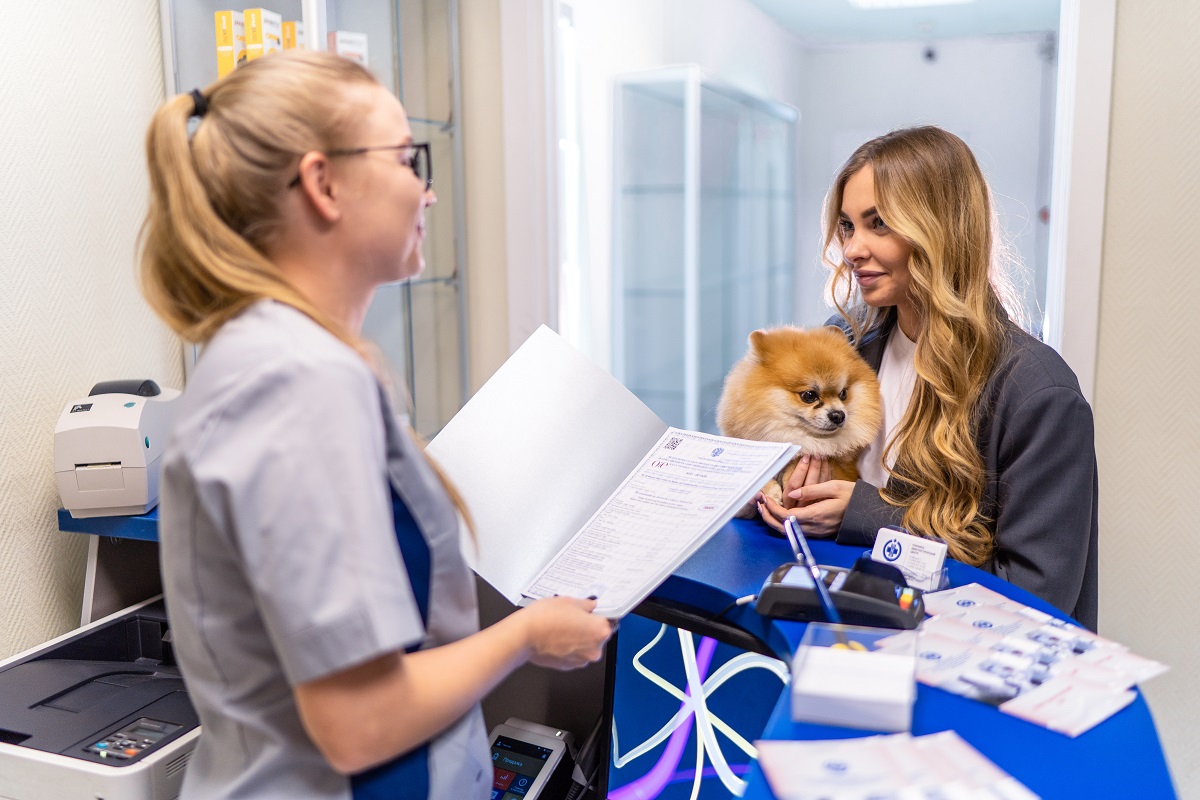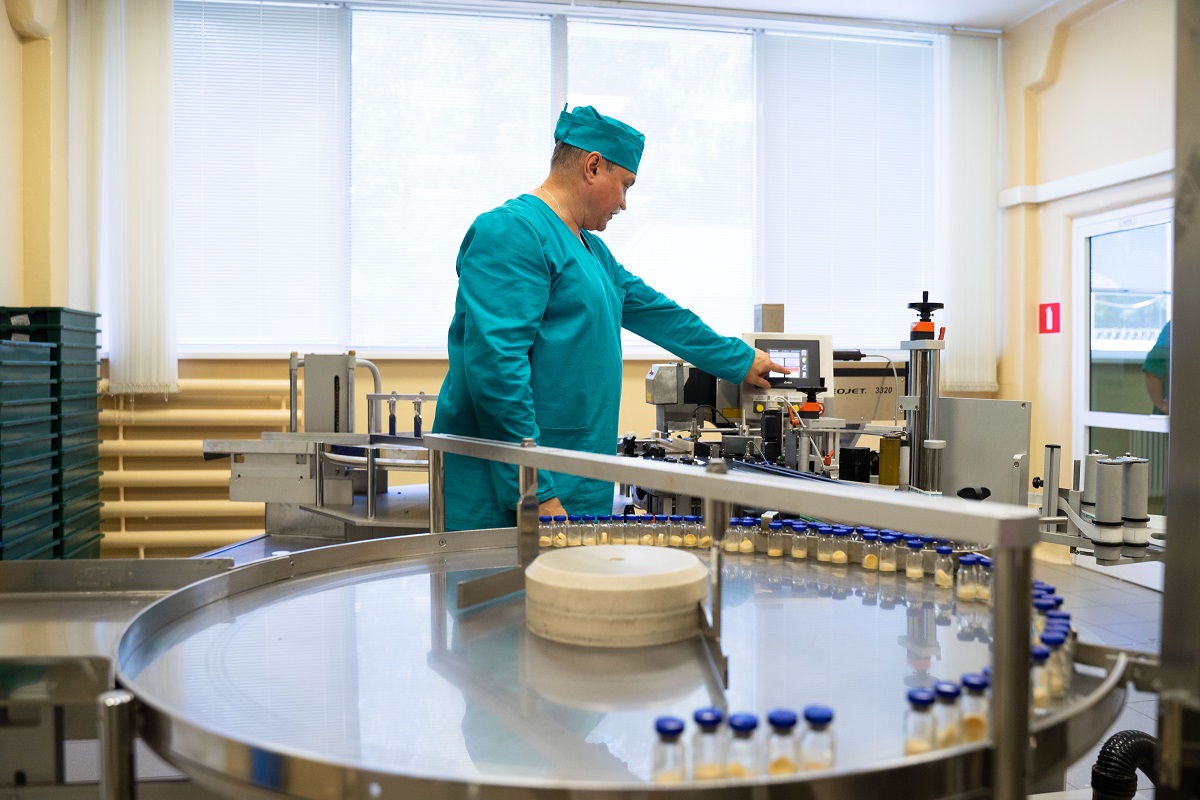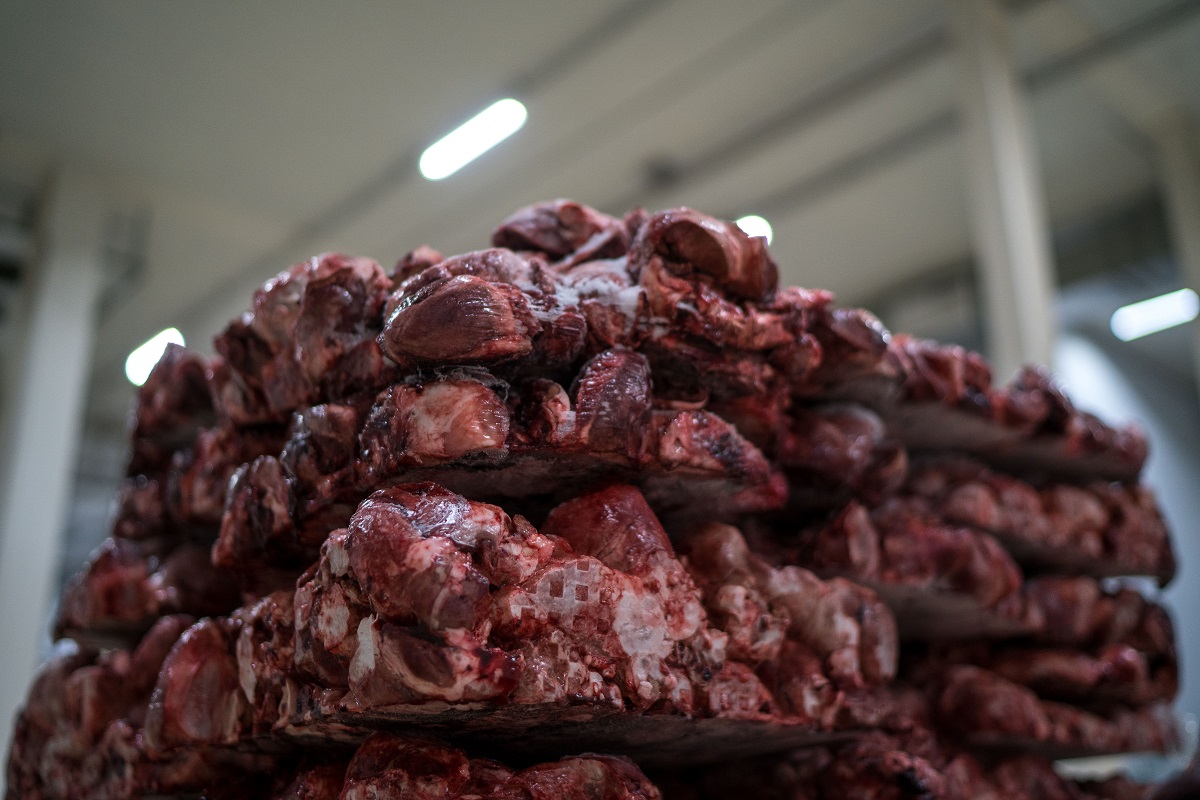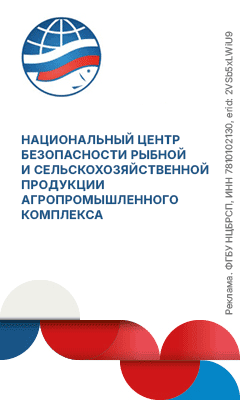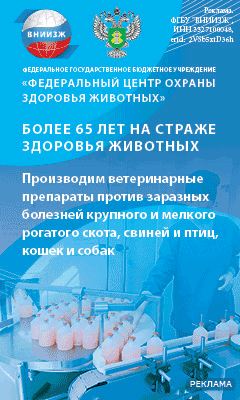“The Russian market for organic cheese production is nascent. There are only 12 organic cheese manufacturers in the country accounting for around 0.1% of all dairy products produced in Russia,” he said.
This is due to the complexity of organic cheese production. The manufacturers must have their own fields to grow organic feed for cattle and use organic milk to produce cheese. It takes 3 to 4 years to build and receive a permission to operate an organic farm.
“It would seem it is easier to buy organic milk from a neighbor. However, this is the problem. Currently, there are very few producers of organic dairy products in Russia,” noted Anatoly Nosulenko.
The second challenge is that according to the requirements set for the organic cheese production, the maximum content of inorganic raw materials in organic cheese should not exceed 5%.
“If we are talking about ordinary cheeses without any additional ingredients, then everything is easy here. But if we use additional ingredients for cheese production such as truffle, Provence herbs, olive oil, paprika, the maximum content of the ingredients should not exceed 5%. Besides, these inorganic products should be GMO-free,” commented Anatoly Nosulenko.
Another important requirement is that the use of organic raw materials must be clearly traced. The organic raw materials must be strictly separated from inorganic products during production and movement.
The challenges also lie in the difficulties of marketing products. Due to high prices of organic cheeses they can only be marketed in the Russian megacities. Moscow, the Moscow Region, St. Petersburg and Tatarstan remain the market leaders for organic cheese.
“However, the reality is that the eco-markets attribute to no more than 15% of the total organic cheese production. Online sales account for up to 10%. Boutique shops including premium stores account for up to 25%. Organic cheeses are primarily sold by the retail chains which account for up to 50% of sales,” said the director of the manufacturing company.
There is another challenge associated with the sale of organic products. As it is prohibited to add stabilizers during the organic cheese production, such products have a very limited shelf life. “Retailers, in turn, expect to see products with a long shelf life on the shelves - from six months to a year,” the expert added.
The manufacturers of organic cheese also face a lack of understanding from the Russian consumers and buyers, i.e. how organic cheese differs from farm products, and why they need to pay extra for it.



